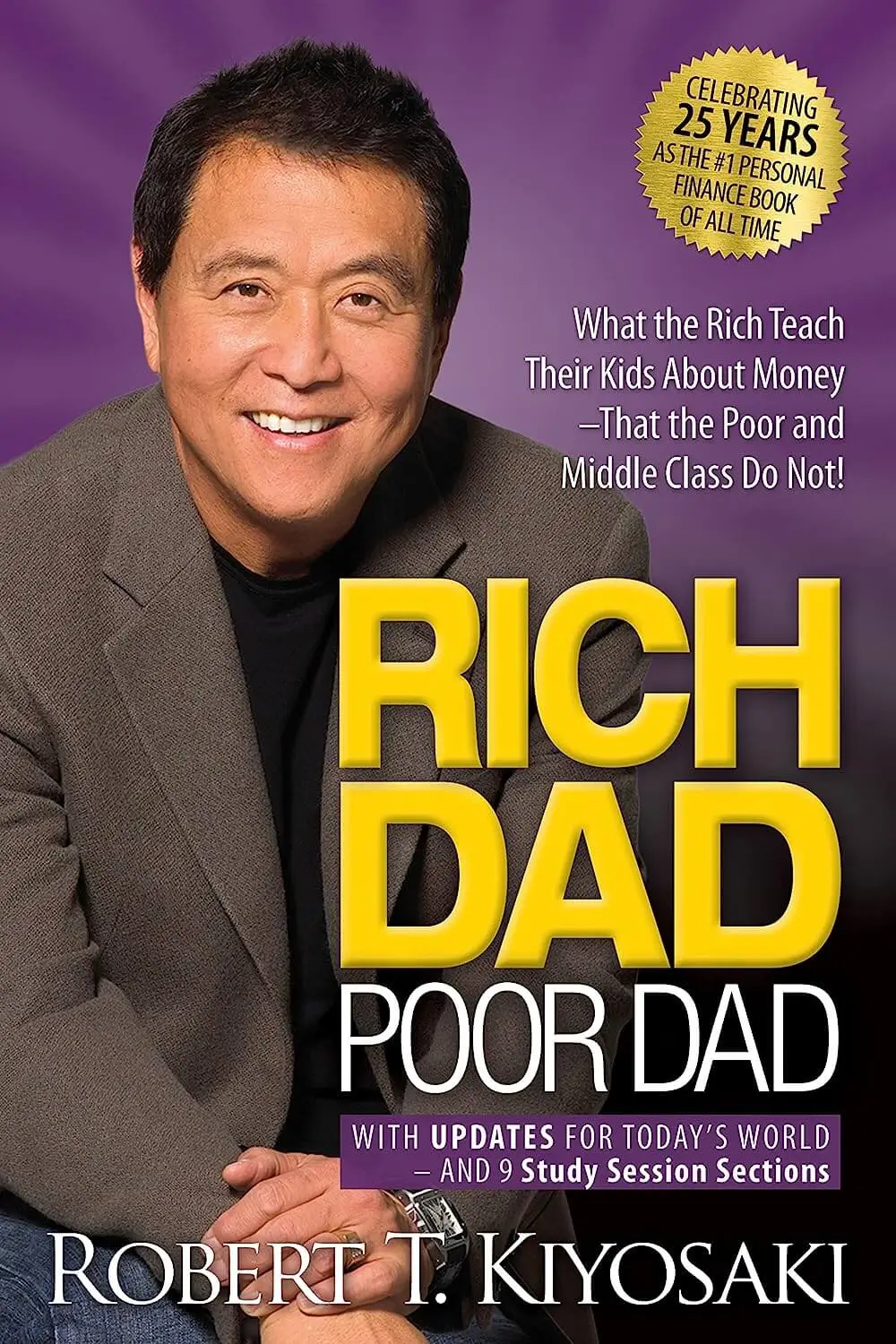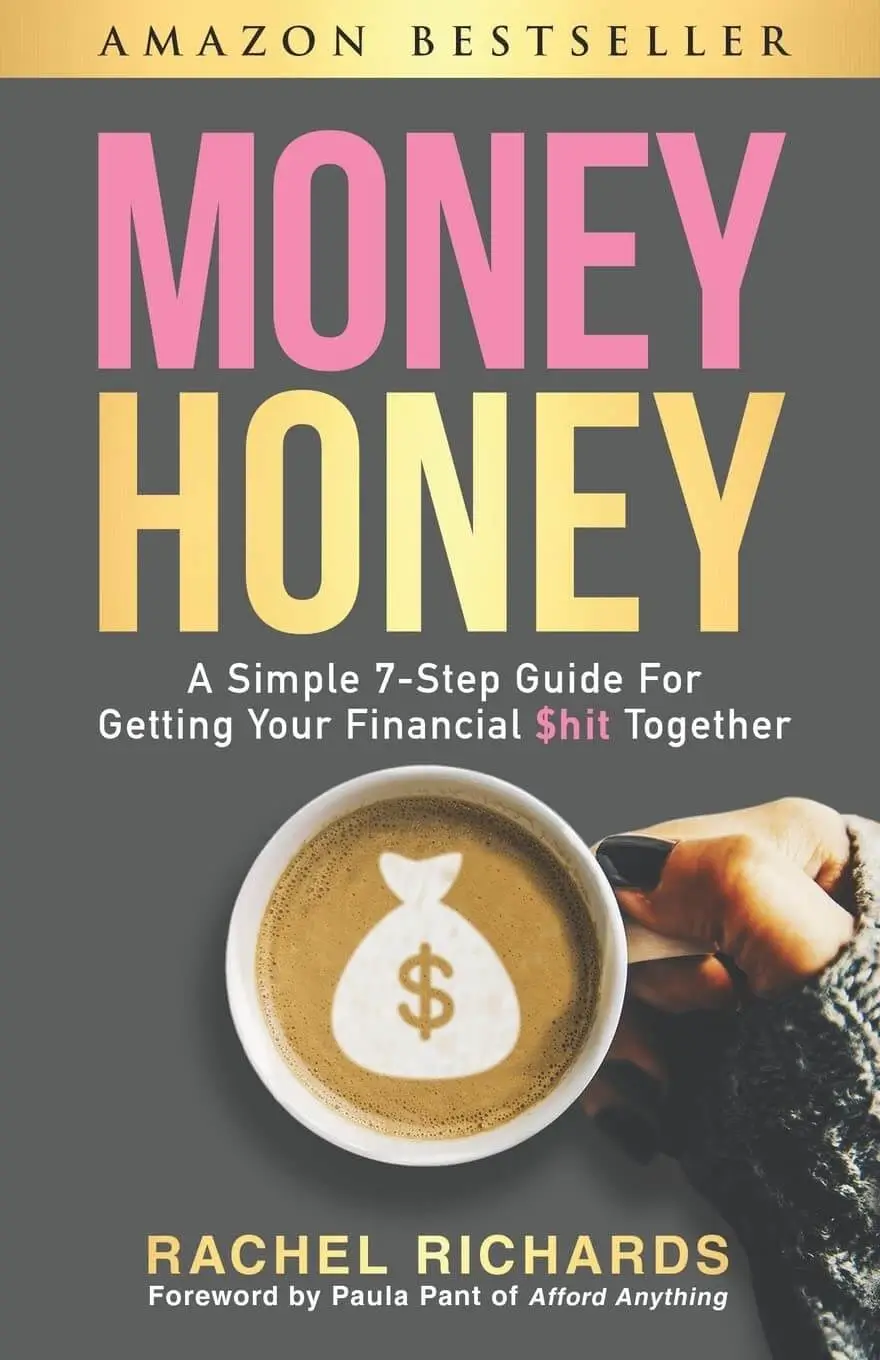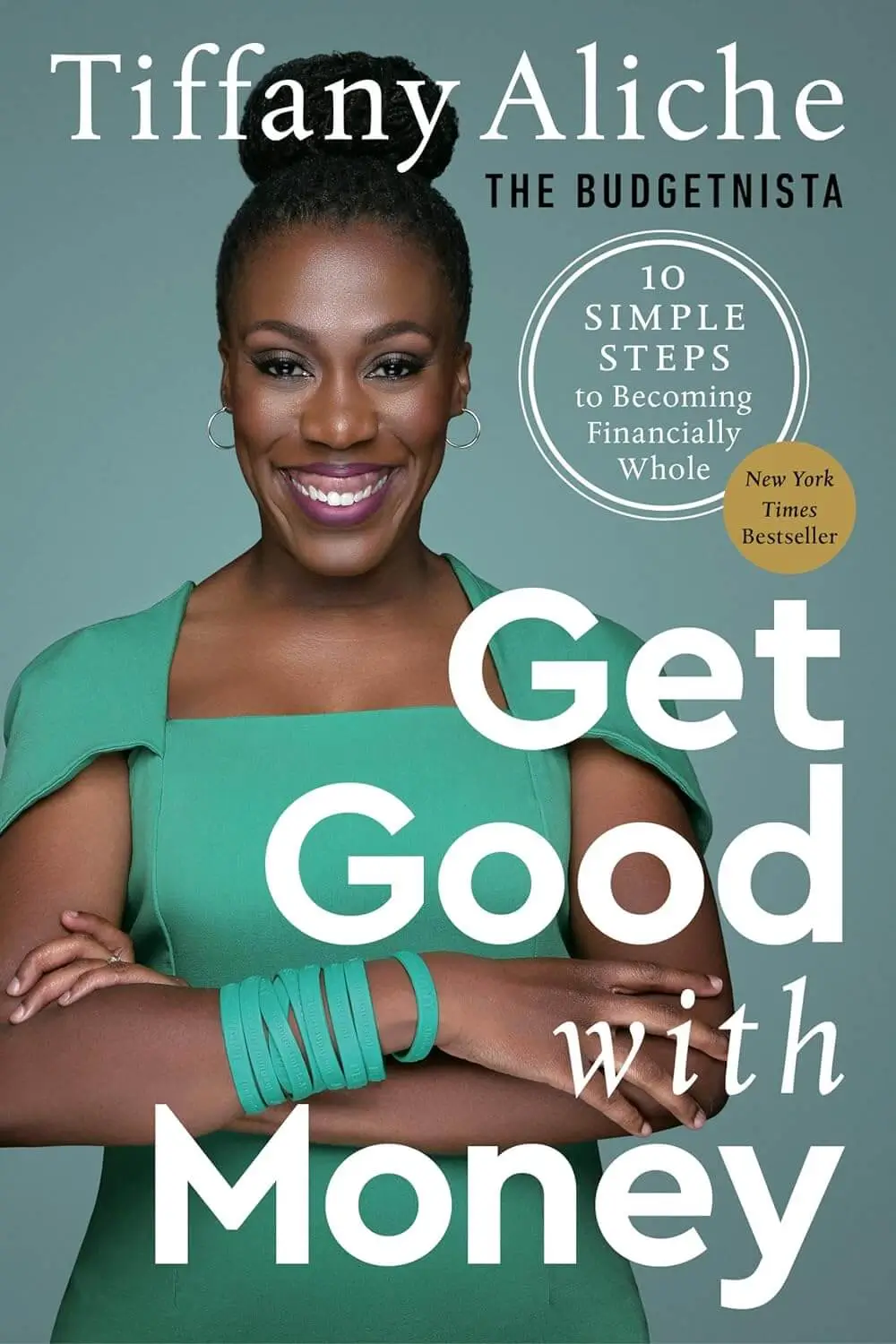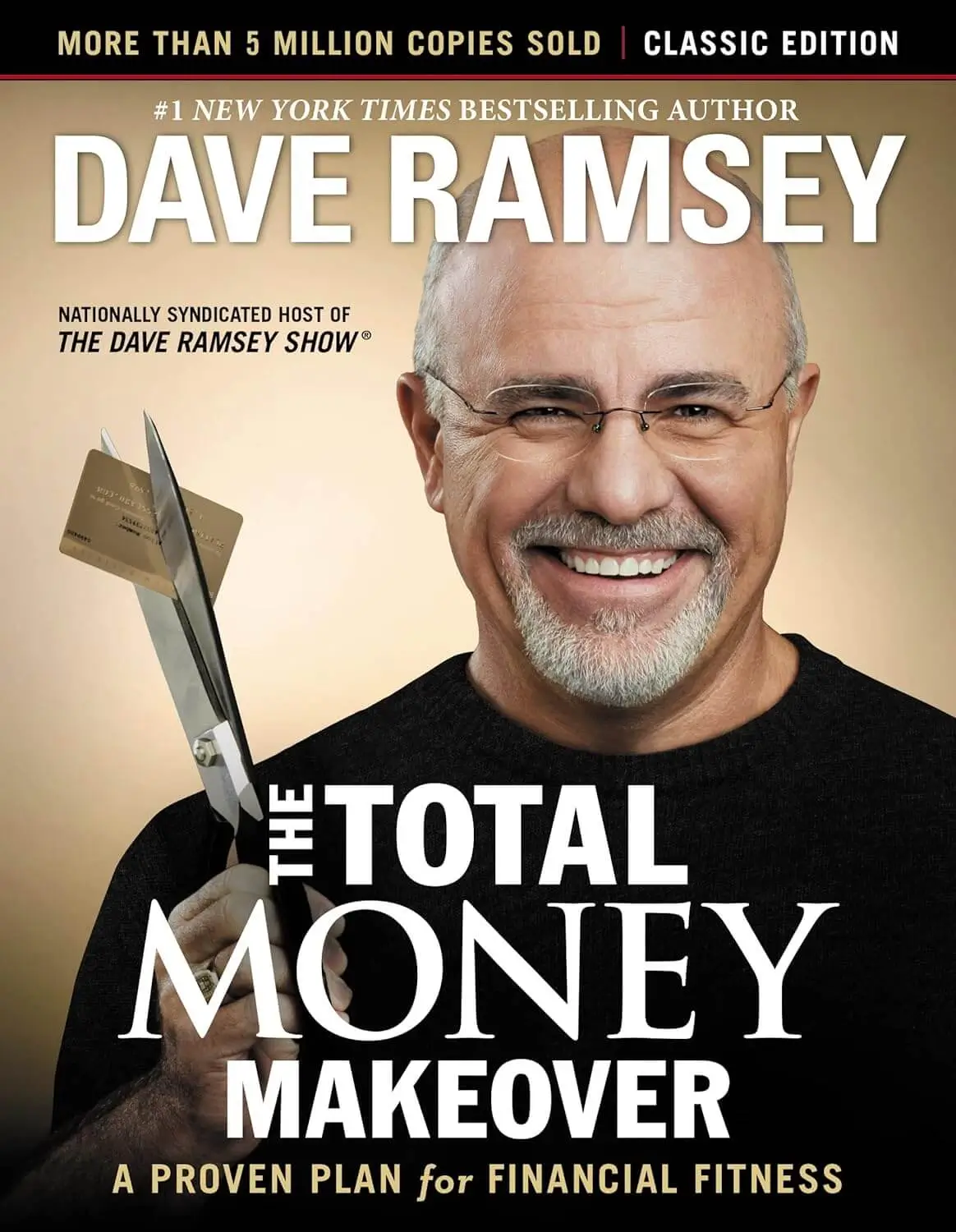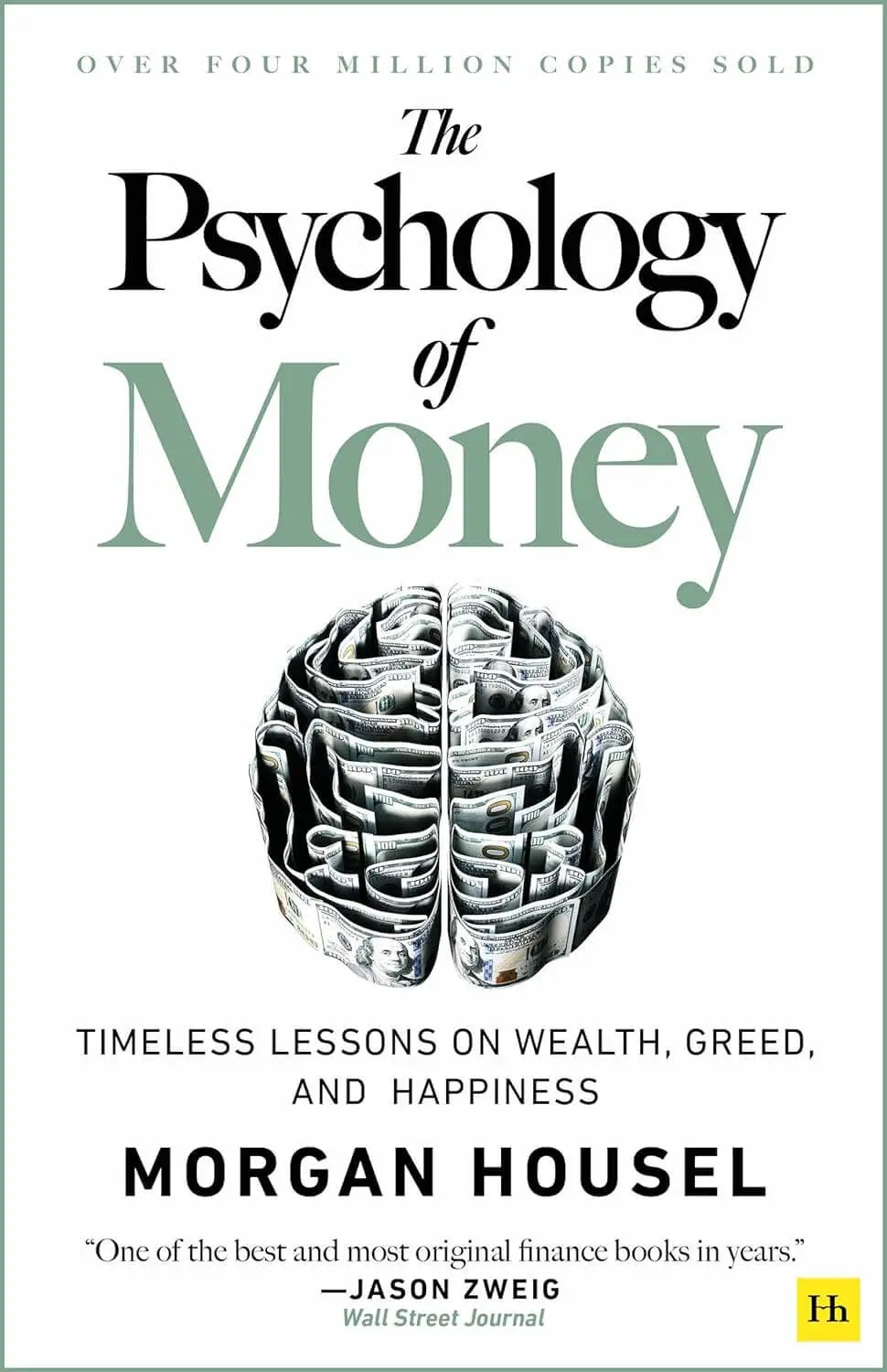Rich Dad Poor Dad by Robert Kiyosaki is a personal finance classic that challenges conventional beliefs about money and investing. The book contrasts the financial philosophies of two father figures in Kiyosaki’s life: his biological father (referred to as “Poor Dad”) and the father of his childhood best friend (referred to as “Rich Dad”).
It emphasises the importance of financial education and a mindset shift. “Poor Dad” represents traditional thinking, advocating job security, a steady paycheck, and saving money. In contrast, “Rich Dad” emphasises the significance of financial independence, entrepreneurship, and making money work for you.
Key Takeaways from “Rich Dad Poor Dad”:
Assets vs. Liabilities: Kiyosaki introduces the concept of distinguishing between assets (things that put money in your pocket) and liabilities (things that take money out). The wealthy focus on acquiring assets that generate passive income.
Importance of Financial Education: The book emphasizes the need for continuous financial education to make informed investment decisions. Kiyosaki encourages readers to understand the language of money and take control of their financial destiny.
Entrepreneurial Mindset: “Rich Dad” advocates entrepreneurship as a path to financial success. The book encourages readers to think beyond the traditional 9-to-5 job and consider alternative ways to generate income.
Overcoming Fear of Failure: Kiyosaki challenges the fear of making mistakes and encourages readers to view failures as opportunities to learn and grow. Taking calculated risks is essential for financial success.
Work to Learn, Not for Money: “Rich Dad” teaches the value of gaining experience and knowledge rather than working solely for a paycheck. This mindset shift contributes to long-term financial success.
By providing a fresh perspective on wealth-building, “Rich Dad Poor Dad” has inspired millions of readers worldwide to rethink their approach to money and take steps toward financial independence. The book serves as a valuable guide for those seeking to break free from financial stress, escape the cycle of debt, and pave their way to financial prosperity.
